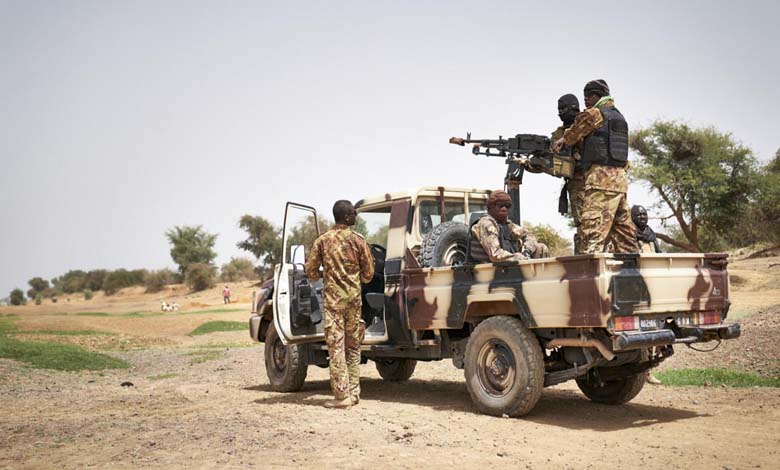Caught in the web of nostalgia and fear: Al-Qaeda traps foreigners in Mali

They built their lives there, blending into the fabric of the place. Yet overnight, their home countries are calling them back, fearing for their safety amid rising terrorist threats.
Foreigners in Mali—especially Europeans—are now faced with a painful dilemma: either risk staying in an unstable nation where Al-Qaeda surrounds many villages and disrupts fuel supplies, or follow their governments’ advice, pack their belongings, and leave behind years of work and memories.
They are trapped between attachment and anxiety—on one hand, the familiarity and affection for their adopted home, and on the other, the fear of worsening instability that could plunge the country into the grip of a terrorist organization whose main enemy remains the West.
A worsening situation
Mali has been facing an acute fuel shortage since early September, when terrorists affiliated with Al-Qaeda’s branch “Jama’at Nusrat al-Islam” began targeting fuel trucks supplying the country.
Amid the deteriorating situation, France advised its nationals to leave Mali temporarily. The French Ministry of Foreign Affairs warned in a travel advisory
published Friday evening that “the security situation in Mali, including in the capital Bamako, has been deteriorating for several weeks.”
Since early September, in addition to attacks on military positions, terrorists have repeatedly destroyed tanker trucks on Malian roads.
Despite military escorts protecting some convoys, the country is struggling with severe fuel shortages, slowing or halting numerous economic activities and affecting electricity supplies.
Due to the growing insecurity and unpredictable developments, France urged its citizens to leave the country “as soon as possible,” joining similar warnings issued by the United States, Canada, Germany, Spain, and the United Kingdom.
Between longing and fear
As soon as the warnings were issued—and even before—many foreigners began leaving Mali. Others, however, still resist the idea, hoping for a miracle that would allow them to stay.
Several told Radio France Internationale (RFI) they wished to remain in Mali, often for family reasons, but also for professional and emotional ones. Most prefer not to speak publicly, out of discretion or fear.
Hélène Ndiaye, a French woman who married a Malian and became a citizen, has lived in Bamako for 22 years working in landscaping. She says, “The situation isn’t dangerous for our safety.”
“I haven’t even thought about leaving,” she adds. “I live here; this is my home. We’re not under threat in Bamako. Of course, the economy is fragile, but we shouldn’t give in to panic. It’s a difficult period, but that’s no reason to flee elsewhere.”
Panic and painful departures
Mireille, a Belgian woman who spent two decades in Mali and obtained Malian citizenship, recently left the country—“temporarily,” she hopes. After living through three military coups (2012, 2020, 2021), the spread of jihadist groups, and more than ten years of war, she finally gave in to fear.
“I had a panic attack,” she recounts. “I was terrified—of the terrorists, the fuel shortages, and now the threat of food insecurity.”
Yet leaving has left her deeply saddened. “I cry for Mali, I cry for the situation… My life is there; Mali is in my heart. I left with only three suitcases. I feel at home there—it’s my beloved country—and I’m ready to return, no matter the cost.”
For now, most security analysts deem it unlikely that “Jama’at Nusrat al-Islam” will attempt a military takeover of Bamako, lacking both the means and the intent to seize power.
Nevertheless, France continues urging its citizens to “plan a temporary departure” and leave the country “as soon as possible” on available commercial flights.
Currently, more than 4,200 French nationals live in Mali, most holding dual citizenship.












